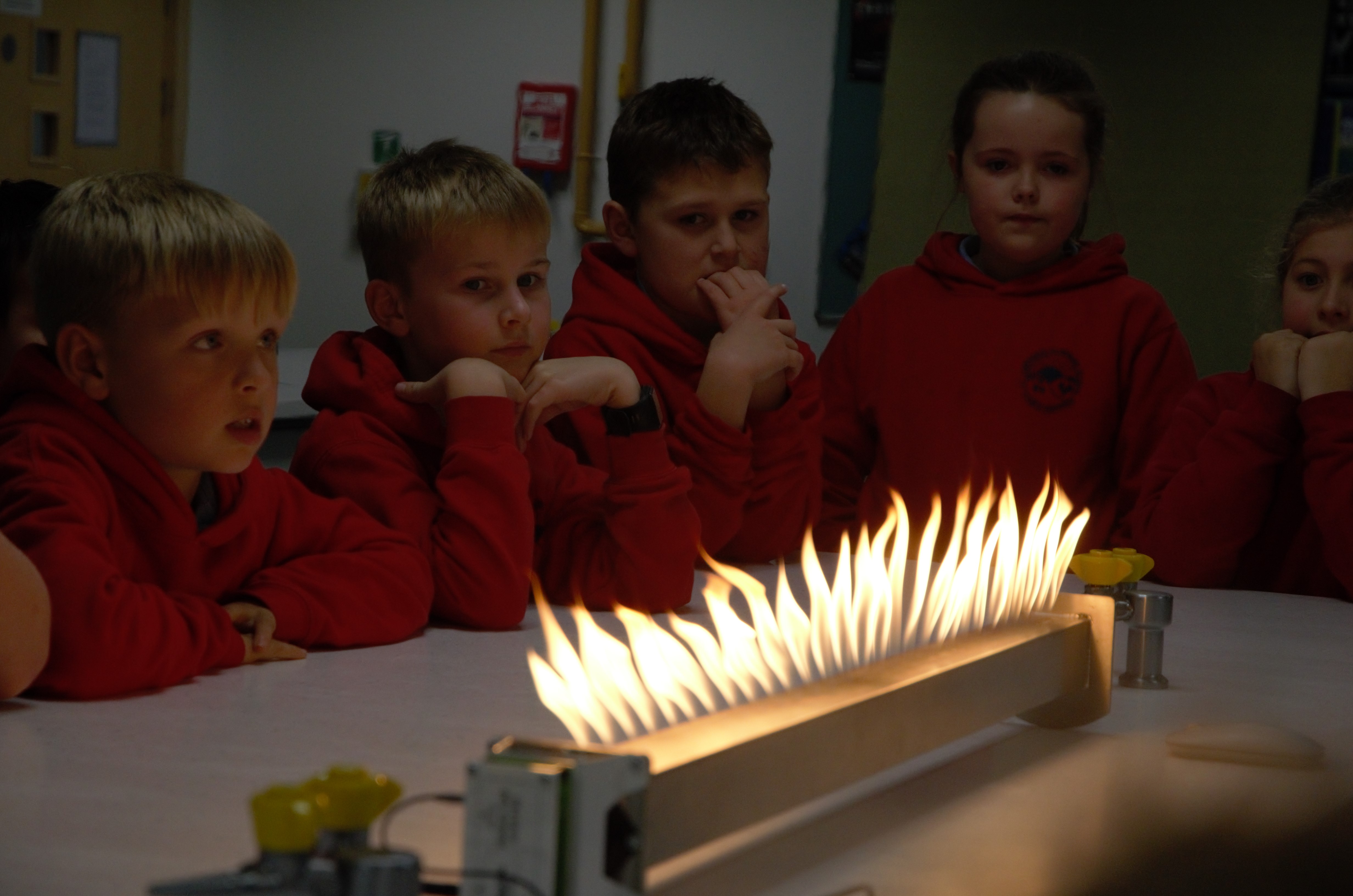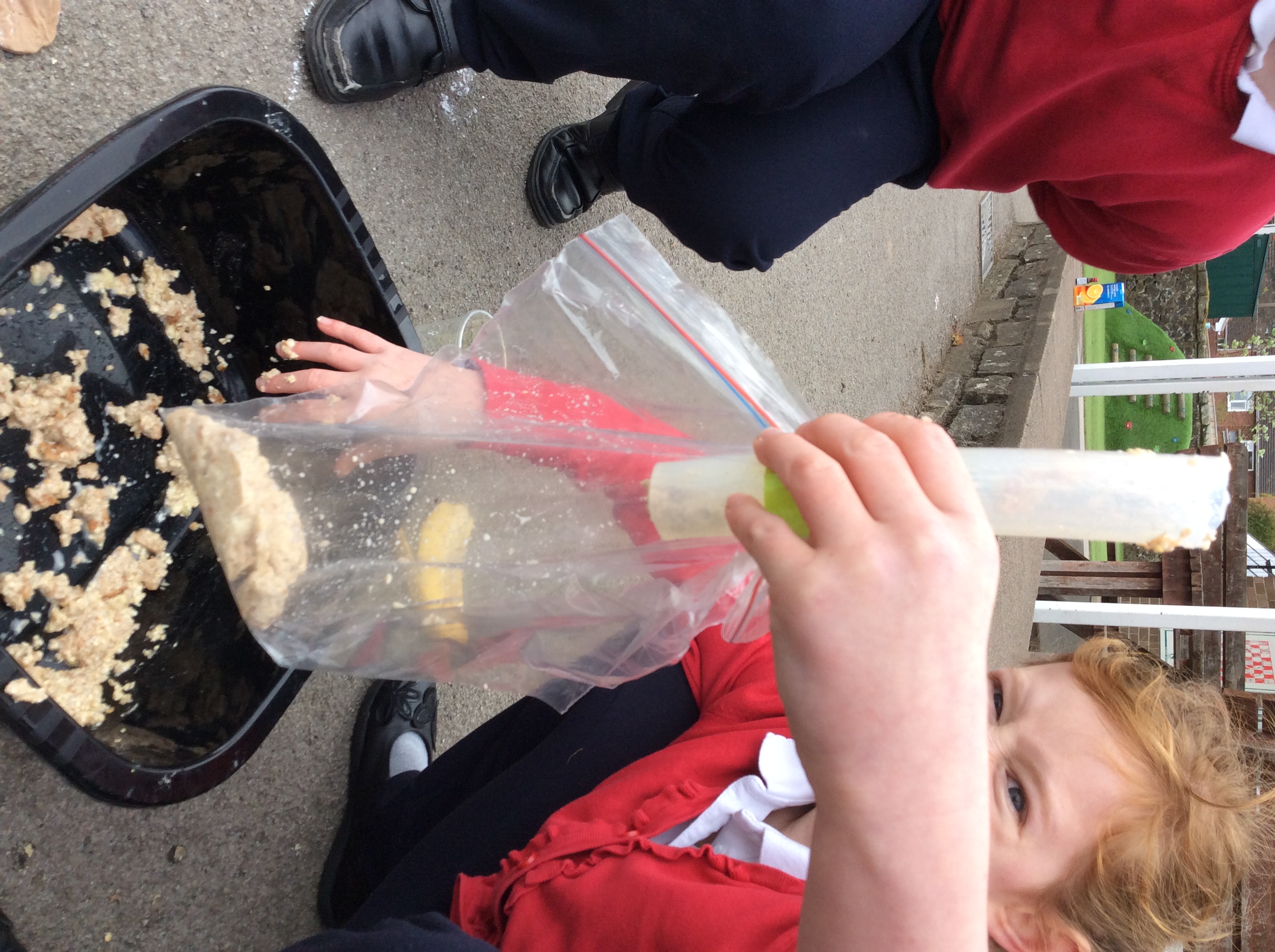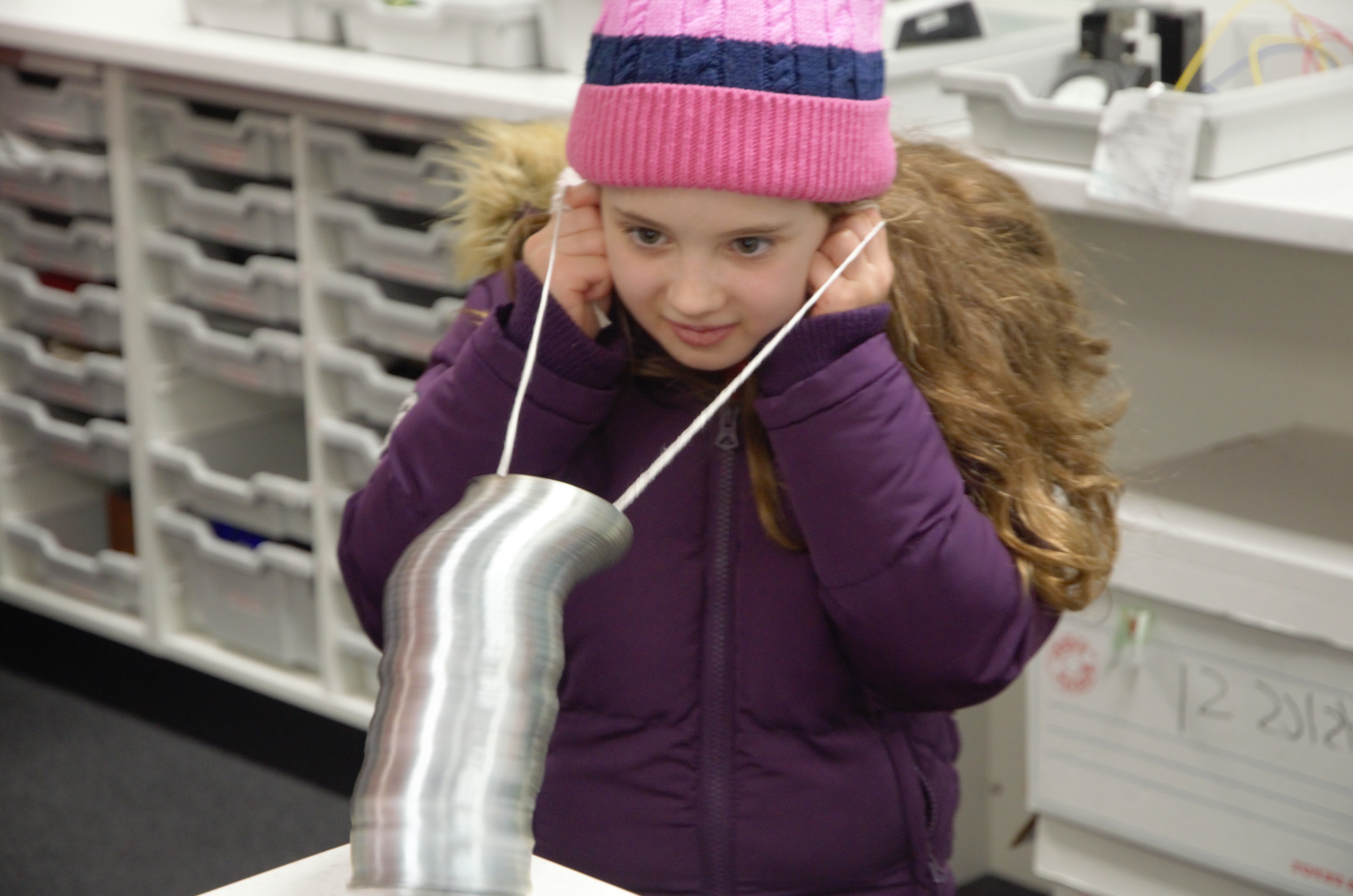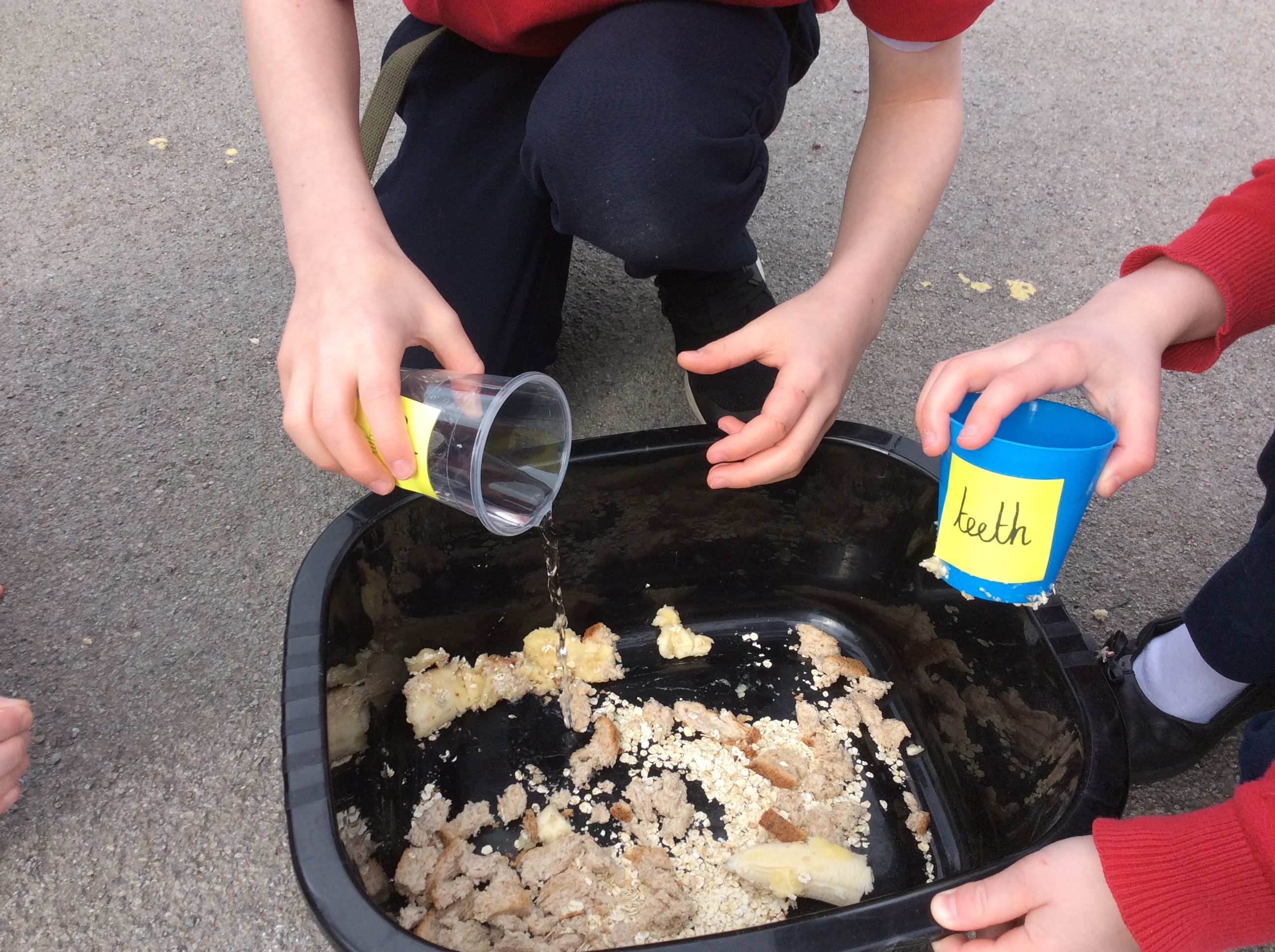

Intent
Science is one of the core subjects in the Primary National Curriculum. It therefore has very detailed requirements for teaching scientific topics across the key stages. Our planning and progression documents have organised these requirements into a structure which fits well with our typical class structure, ensuring that each pupil accesses the breath of the science curriculum as they move through the school. The progression documents (for each topic) help to ensure that previous learning is checked and built on as children develop. Teachers are encouraged to strike a balance between the two main strands in the science curriculum i.e.: “Working Scientifically” and “Scientific Knowledge”.
As well as the requirements of the National Curriculum, we believe the work of scientists should be explored and celebrated as an important part of our science teaching. A list of famous scientists to study (linked main National Curriculum topics) has been included in the latest science progression documents.
Where possible, science topics in the long-term plan have been planned with links to over-arching half termly topics to give them more of a context for the children. Maths and English links are encouraged, particularly as part of the Working Scientifically strand, e.g. writing up scientific reports, drawing graphs and calculating the mean for a set of data.
Implementation
Science lessons are taught a minimum of once a week in school, alongside the other primary core subjects. Teachers use our planning and progression documents to set age-appropriate objectives for lessons and there is evidence of the teaching of relevant scientific knowledge and the development of scientific skills, assisted in KS2 by using high-level scientific equipment borrowed from Concord College. Evidence from lessons is recorded in science books and photos are often used (especially in KS1) to record practical science work. Additionally, in the last couple of years, the online learning platform (Seesaw) is used to evidence some science activities – the video recording facility is particularly good for recording practical work. In rotation with other subjects, science investigations and research are set as homework activities on Seesaw. The use and spelling of relevant age-appropriate scientific vocabulary is encouraged in lessons and assessment includes marking which is in line with the English and maths marking policies. Regular retrieval activities such as small quizzes and end of topic tests are used regularly for assessment.
Impact
Formative assessment during lessons reveals children’s developing scientific knowledge and skills against age-appropriate learning objectives and next steps marking helps to fill in gaps and challenge high ability young scientists. Children are generally enthusiastic about science and some of them already communicate a desire to become scientists. Generally, children in the school enjoy science, especially the practical aspects of the Working Scientifically strand. End of year report letters reveal good attainment in science across year groups. The teacher assessments as part of year 6 SATs last year confirmed that 83% reached the expected level.
Click here for Science Progression Map


